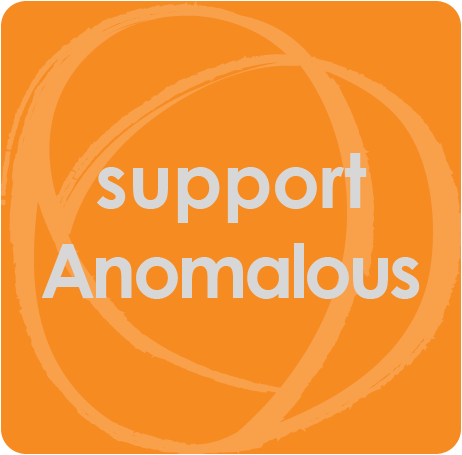[How are things in Eden?]
Jamie L. Olson translating Irina Yevsa from the Russian
click here for the Russian text
How are things in Eden? Not so great,
wandering friend, since you left us?
The clouds out there look crushed, especially at night,
just like slept-on, tear-stained pillows.
Unwittingly, the pointed heel of your shoe
breaks right through the dark red soil.
The rain, meanwhile, hangs midair like bamboo:
slender shafts, completely still.
Nobody buzzes poems like a bumblebee,
stalling out on a stressed syllable
during the climb to a place where, stunned by the heat,
blackthorn rustles on a gentle hillock;
where the people, as usual, refuse to combine
tables, but split up instead by ethnos:
the Arabs are evil, the Germans always on time,
and the French are as stingy as ever.
No matter what you do, you can’t get close
to them with A or B—not with C either.
And that is why a Slav feels completely lost
when he drops by a kabuki theater.
And as it was before, when you and I
screwed up every day in silence,
now it seems that you've begun to rely
on me too much—although it’s pointless:
the ground feels as hot as it does in the summer,
but the winter-blue sky remains my focus.
And two birds alight on two shoulders:
sine anno and sine loco.
Jamie L. Olson teaches in the English Department at Saint Martin’s University, just outside of Olympia, Washington. His translations from Russian have recently appeared in Cardinal Points, Chtenia, Crab Creek Review, and Ozone Park Journal. He writes about poetry, translation, and Russian culture on his site The Flaxen Wave.
Irina Yevsa is a poet and translator who lives in Kharkov, Ukraine. She is the author of eight poetry collections, and her poems have appeared in many Ukranian and Russian literary journals, not to mention several anthologies. Besides contemporary Ukranian, Polish, and Armenian poets, Yevsa has translated Sappho, Pythagoras, and Omar Khayyam into Russian. She co-edited the anthology Wild Field: Poems by Russian Poets in Ukraine at the End of the 20th Century (2000). The Ukranian poet and critic Slanislav Minakov writes, “Yevsa organically combines tradition with the achievements of contemporary poetry; picturesqueness and sound exist in her work not to the detriment of depth. Indeed, her poems are not games, deception, or magic that become reality, but reality itself.”




